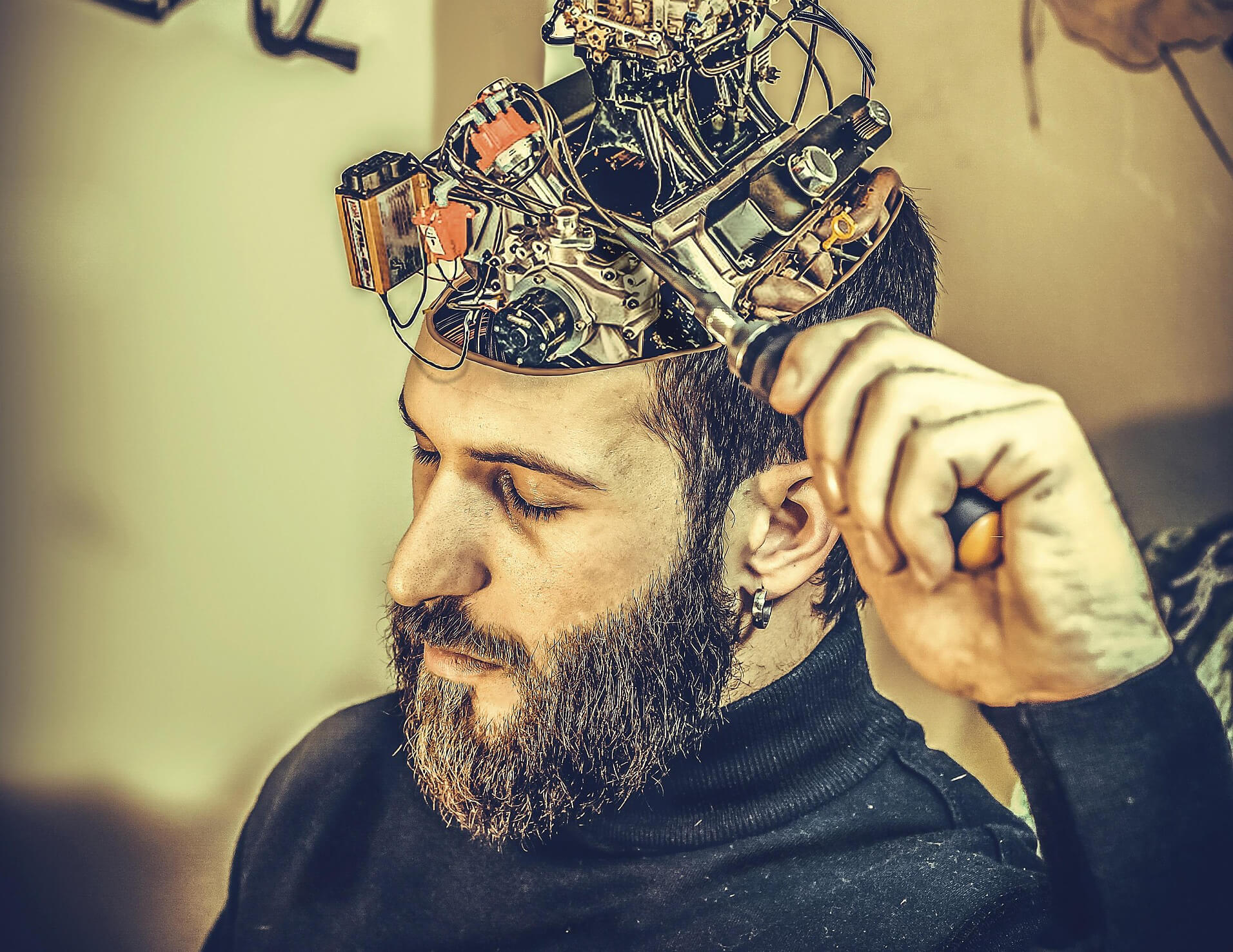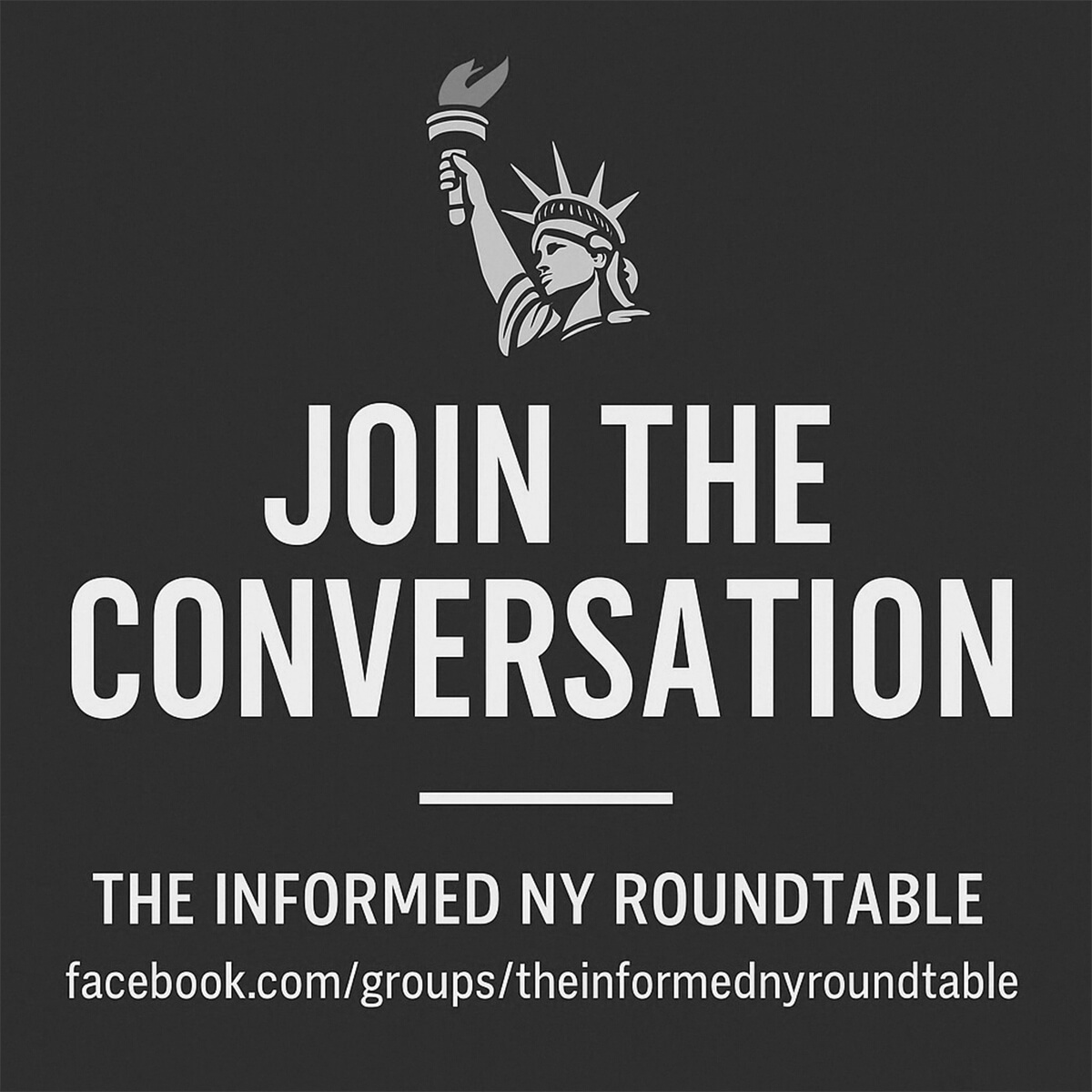
What do you think about TicTok Brain? So you thin it is real? Join the conversation at The InformedNy Roundtable on FB
Generation Swipe:
What we’re Losing in 15 Seconds
Remember when we used to navigate the world with paper maps, relying on our internal sense of direction? Now, with GPS at our fingertips, we’ve outsourced that skill to technology. Similarly, our attention spans are being rerouted by the endless stream of short-form videos on platforms like TikTok.
Emerging research suggests that this constant exposure to bite-sized content is affecting our brains, particularly in young users. The phenomenon, often referred to as “TikTok brain,” is characterized by a diminished ability to concentrate on tasks that don’t offer immediate gratification. Neuroscientists have observed that the rapid-fire nature of these videos can lead to decreased patience for activities requiring sustained attention, such as reading or studying. The platform’s design, delivering entertaining content in as little as 15 seconds, reinforces cravings for instant rewards, driven by the brain’s dopamine system.
Interestingly, the version of TikTok available in China, known as Douyin, operates under different guidelines. For users under 14, Douyin imposes a 40-minute daily limit and features content that promotes science experiments, museum exhibits, and educational material. This contrasts sharply with the unrestricted access and diverse content available to young users in the United States.
The implications of these differences are profound. While Chinese youth are encouraged to engage with content that fosters learning and development, their American counterparts are exposed to a platform that prioritizes entertainment and instant gratification. This divergence raises questions about the long-term effects on cognitive development and the values being instilled in the next generation.
As we continue to integrate technology into our daily lives, it’s crucial to be mindful of how these tools shape our behaviors and thought processes. Just as we’ve become reliant on GPS for navigation, we must consider the potential consequences of outsourcing our attention spans to algorithms designed for endless engagement.

